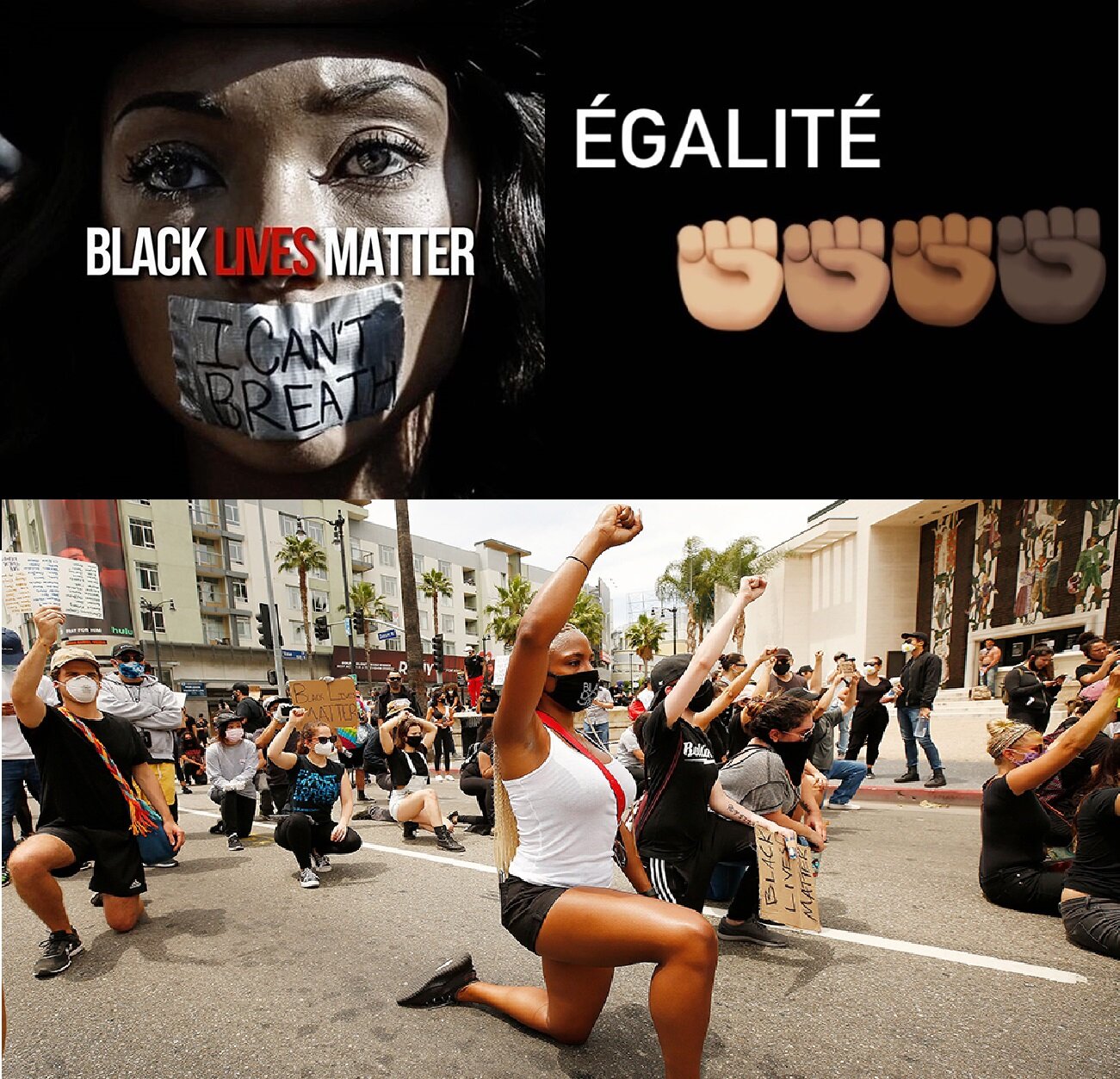Property Heirs Argue Confederate Statue Rights in New VA Court Move
/Top photo: A 2010 picture of the statue of Nathan Bedford Forrest, which was removed from Health Sciences Park (formerly Nathan Bedford Forrest Park) in downtown Memphis last December. (Wikimedia). Bottom photo: BY CURRIER & IVES (NOT SIGNED) - THIS IMAGE IS AVAILABLE FROM THE UNITED STATES LIBRARY OF CONGRESS'S PRINTS AND PHOTOGRAPHS. VIA WIKI COMMONS
Dead Men's Property Heirs Argue Confederate Statue Rights in New VA Court Move
By Allison Anna Tait, Professor of Law, University of Richmond. First published on The Conversation
The latest chapter in the United States’ ongoing debate about Confederate monuments involves some unexpected opinions: those of long-dead land donors.
Responding to sustained, nationwide protests over police brutality, Virginia Gov. Ralph Northam on June 4 vowed to dismantle a prominent statue of the Virginia-born Confederate General Robert E. Lee in Richmond, the state capital.
That plan was put on pause just four days later when a state judge issued an injunction based on the petition of a man whose ancestor, Otway Allen, gave Virginia the land the the sculpture sits on.
In his petition to the court, William C. Gregory claimed that removal of the statue would violate the conditions of his great-grandfather’s 1890 land deed, which says Virginia “will hold said Statue and pedestal and Circle of ground perpetually sacred to the Monumental purpose … and that she will faithfully guard it and affectionately protect it.”
On June 19, a judge will decide whether to let the 10-day injunction expire, enabling Richmond to dismantle its Lee monument, or to obey the donor’s wishes – at least temporarily.
Richmond isn’t the only Virginia city where a centuries-old land deed is a legal hurdle in removing Confederate monuments many see as a symbol of white supremacy. Nearby Charlottesville has faced similar questions about the intentions of the philanthropist who donated its controversial Robert E. Lee statue.



























